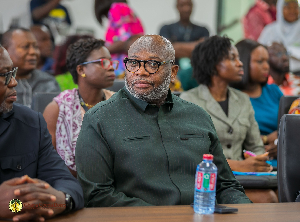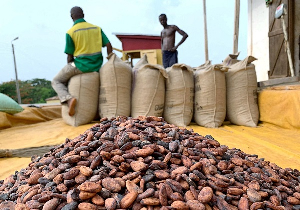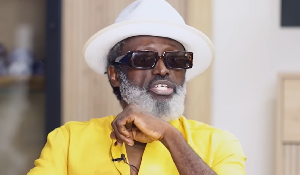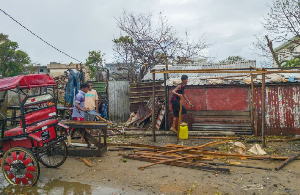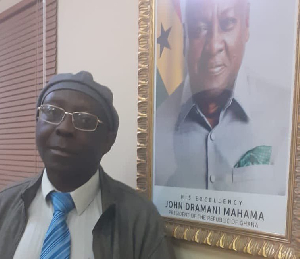 It is no longer news that Ghana's participation in the Japan-Korea World Cup 2002 has become a mission impossible, courtesy of the painful loss to Sudan last Sunday.
It is no longer news that Ghana's participation in the Japan-Korea World Cup 2002 has become a mission impossible, courtesy of the painful loss to Sudan last Sunday.
For the home-based players who picked up the gauntlet to defend what is left of our pride as one of the best footballing nations in Africa, it must have been very painful indeed.
As characteristic of the 18 million Ghanaians, who double as coaches of the Black Stars, the blame will be laid at the doorstep of either coach Jones Attuquayefio, the players, the Ministry of Youth and Sports or the Ghana Football Association (GFA).
To the Chronicle, the blame lies with the ministry to a large extent, while the GFA takes the rest of the flak.
Since time immemorial, our preparations for these senior level have never been the best. The problem has been mostly that of not getting our foreign players in on time for a thorough training and blending exercise. In their absence, their home based colleagues are brought in only to be discharged when the Europe-based professionals stroll into camp. This has never worked to the advantage of the team, as the team is never properly blended to be called a team that is battle-ready and hungry for honours.
Even in bringing in the Europe based, there is always the problem of who comes and who does not and at what time. It is very common to hear of players arriving in camp 48 hours to a crucial match, making it difficult for the coach to assess their match fitness.
Based on newspaper reports, the coaches have gambled with them only to realise later that they chose the wrong player.
This is where the GFA and the ministry must be proactive to ensure that everything is made possible for the coach to perform his duty.
According to FIFA regulations, players must be released by their clubs within a certain period to join their colleagues train for such tournaments. However, clubs are known to disregard players when it suits them, or not release them at all.
Many African countries have been at the receiving end of such crude tactics. In the recent past; some of these countries have called the bluff of the European clubs by involving the necessary FIFA laws to get their players released for the matches.
Currently, our neighbour and next opponents in the Coupe Mundial qualifying series are fighting tooth and nail to get their players released for the titanic battle.
But what do we see in Ghana? We hardly ever hear of our GFA or ministry threatening the clubs or players for their disregard of the FIFA rules. Instead, we have always 'given it to God', believing our past history will put fear in our opponents who must surrender on the field of play. In the end, we have been made the laughing stock; more so, since we have a solid record in youth tournaments and are expected to do well.
It has been the same attitude we employed to launch the attack for a place in Japan-Korea 2002 and at the end, we are now holding our heads in our hands moaning and wondering what went wrong.
Now that the dream is over, the Chronicle believes that he remaining matches must serve as the tonic for the revival of our dwindling soccer fortunes. The matches provide the perfect setting for Coach Attuquayefio and the relevant authorities to begin the team rebuilding exercise. This exercise must not just be for qualifying for the African Cup of Nations in March but also beyond.
From this beginning, the nucleus of a future cup-winning squad can be formed. The coach has done it with Hearts of Oak and succeeded; he can do it again, given the time, resources and official co-operation.
Chronicle also welcomes professional colleague, Joe Aggrey, who has written so much about these issues for three decades.
We believe now that hopefully he is going to be part of the decision makers, he will use this opportunity to put some of his ideas into practice.
Soccer News of Thursday, 1 March 2001
Source: Ghanaian Chronicle


